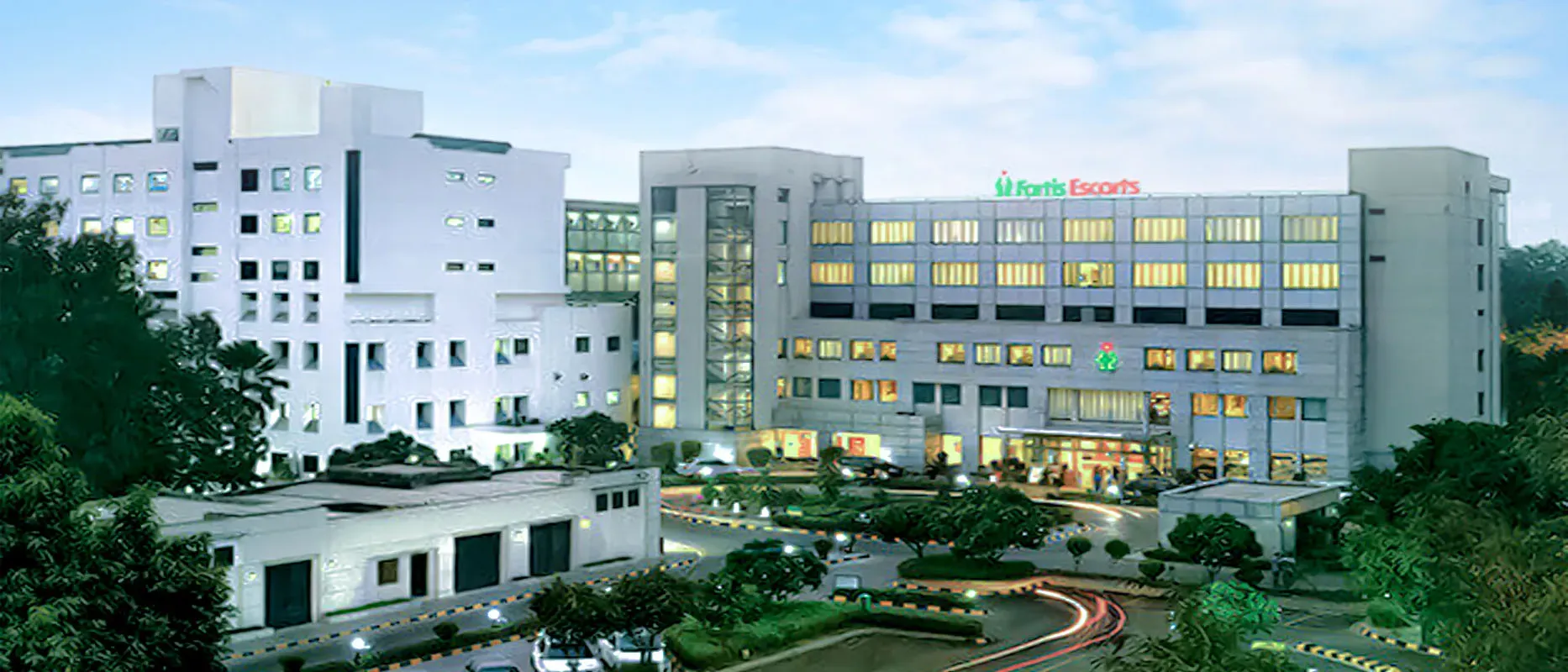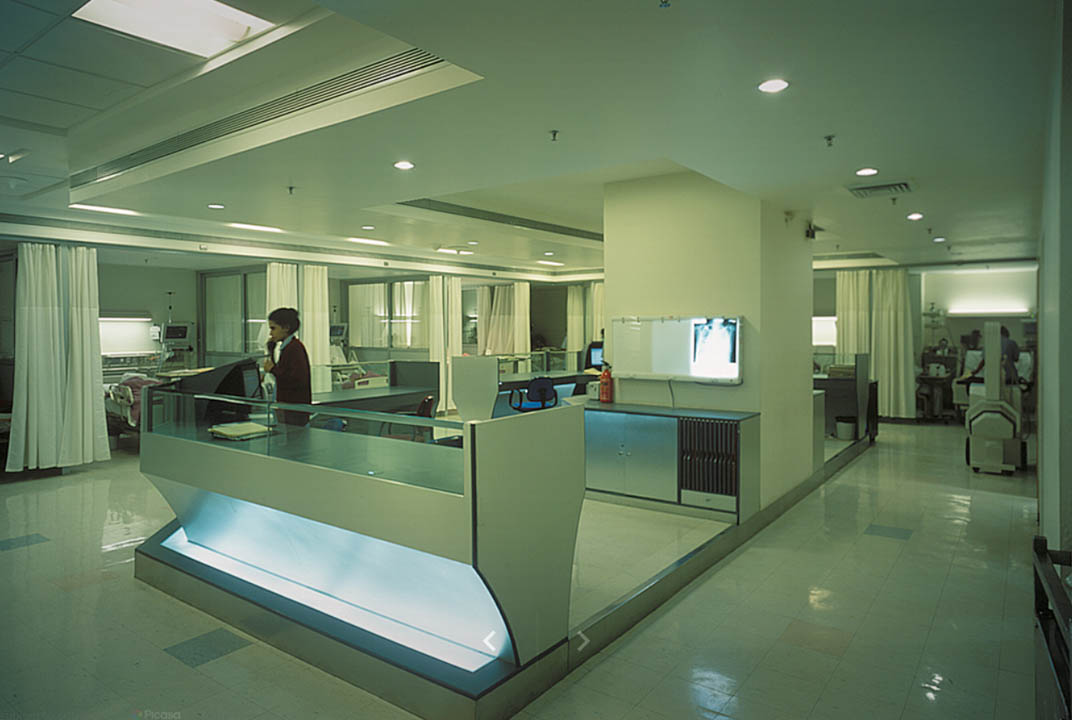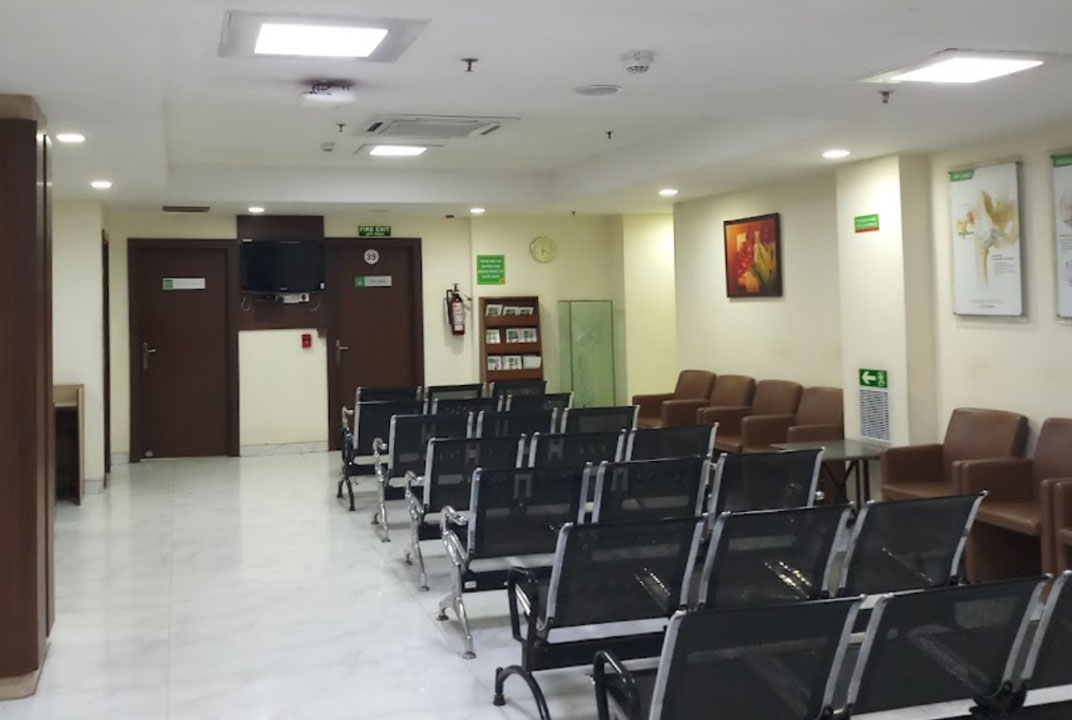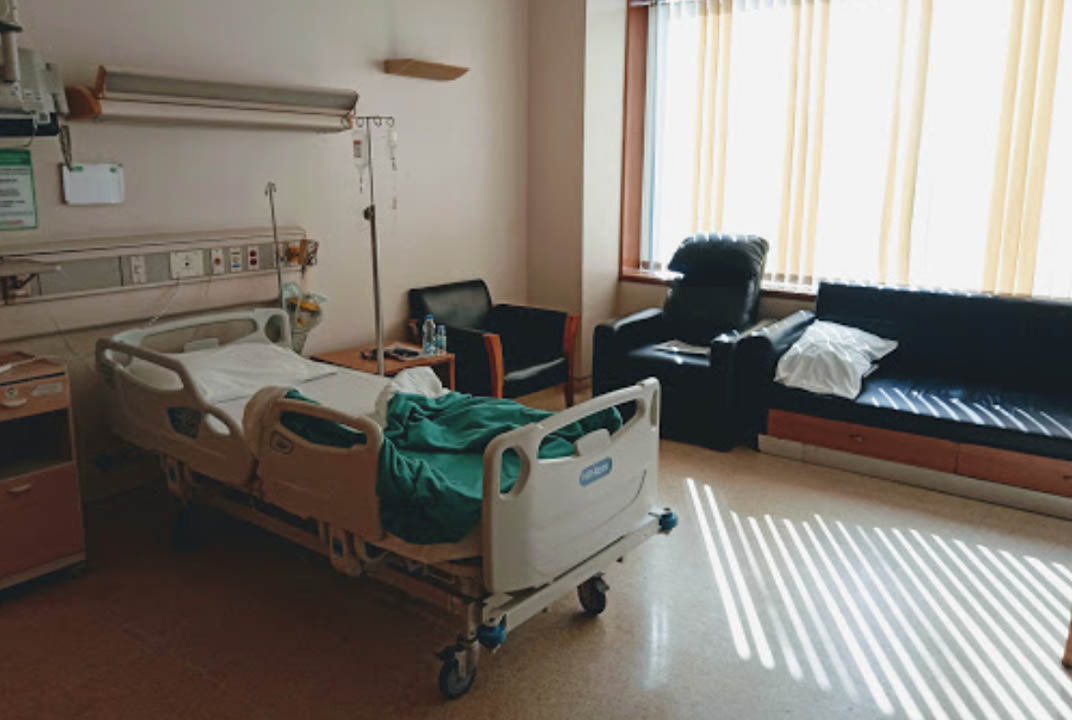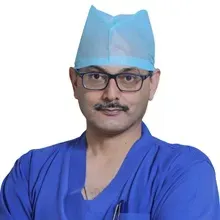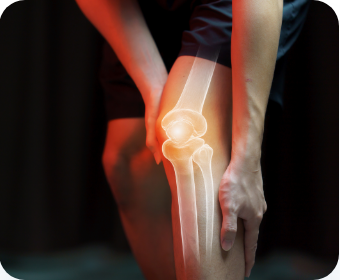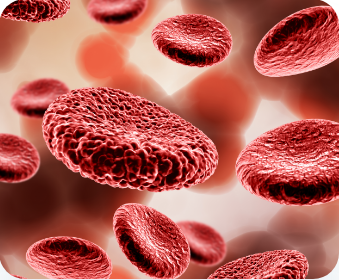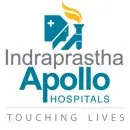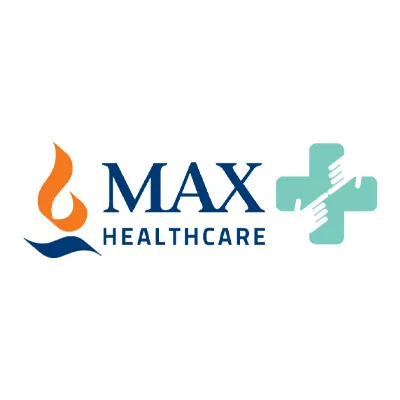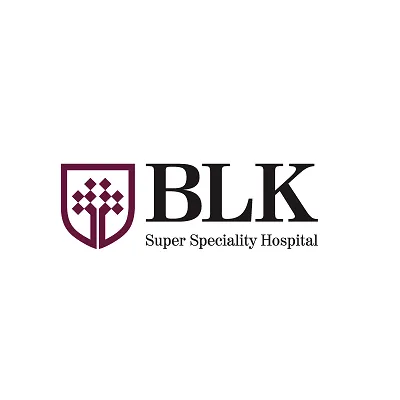Cardiac OPD Procedures : Cardiac OPD operations are those that are conducted on a regular schedule and do not need a hospital admission. History taking, examination, blood tests, the electrocardiogram, event evaluation, cardiac stress testing, electrophysiological study, and other procedures are conducted in the cardiac OPD.
Bypass Surgery (Coronary Artery Bypass Graft – CABG) : The bypass surgery, often referred to as coronary artery bypass graft, is used to treat coronary artery disease, which is characterized by a buildup of plaque in the heart's arteries. Your blood may be diverted to a heart-lung bypass machine during the surgery. This takes over from your heart and lungs, supplying your body with blood and oxygen.
Coronary Revascularization Surgery : Coronary revascularization is a group of treatments or procedures that restore blood flow to areas of your heart that aren't getting enough blood to meet their needs. Rather than open-heart surgery, your surgeon attaches (grafts) a healthy vessel (often taken from the leg) to the diseased or narrowed heart vessel. After that, blood "bypasses" the sick spot and goes through the new channel.
Heart Transplant : A heart transplant is a procedure that replaces a failing heart with a healthy donor heart. Heart transplantation is often reserved for patients whose health has not improved sufficiently with medicines or other surgical procedures. While a heart transplant is a significant surgery, with proper follow-up treatment, your chances of survival are strong.
Aortic Aneurysm Surgery : Depending on the location of the ruptured vessel, the surgeon first create a big cut in stomach or chest. The blood vessel is then eliminated and the transplant stitched in its place. This transplant is often a leak-proof polyester tube. The recovery time for open surgical repair is around one month.
Congenital Heart Repairs : Open surgery is often used to correct congenital heart abnormalities. However, in rare situations, similar treatments can be performed utilizing minimally invasive approaches. Catheter treatments or surgery are used by doctors to fix congenital heart abnormalities. Your child's therapy will be determined by the kind and severity of his or her heart problem.
Minimal Invasive Cardiac Surgery : It is a surgical procedure in which instead than cutting through the breastbone as in open-heart surgery, minimally invasive cardiac surgery entails making tiny incisions on the right side of the chest to reach the heart between the ribs. A number of cardiac problems can be treated using minimally invasive heart surgery.
ECMO : Extracorporeal membrane oxygenation (ECMO) is a sort of mechanical life support that can assist a person whose lungs and heart aren't working properly. ECMO constantly removes blood from your body and routes it through devices that provide oxygen and eliminate carbon dioxide.
VAD : A ventricular assist device (VAD) is a device that assists in the pumping of blood from the heart's lower chambers to the rest of the body. It is used to treat a weak heart or heart failure. A VAD may be used to assist the heart while alternative therapies, such as a heart transplant, are being considered.
Bariatric (Gastric Bypass) Surgery : Bariatric, or weight reduction, surgery includes gastric bypass surgery. During gastric bypass surgery, doctor alters the way stomach and small intestine absorb and digest food. The stomach is separated into two pouches: a tiny top pouch and a much bigger bottom remnant pouch, and the small intestine is altered to link to both.
ERCP : Endoscopic retrograde cholangiopancreatography (ERCP) is a treatment which includes the endoscopy of upper gastrointestinal tract and x-ray radiation to treat bile and pancreatic duct disorders. It is usually performed by the gastro-surgeons under highly observed conditions.
Colonoscopy : A colonoscopy is a procedure in which a doctor looks inside your rectum and colon with a colonoscope or tube. Colonoscopy can reveal inflamed and swollen tissue, blisters, tumors, and the presence of malignancies.
Dermatology and Cosmetology : Elevate your skin's health and appearance with this hospital's exceptional dermatology and cosmetology services. The skilled specialists offer innovative treatments for a wide range of skin conditions, ensuring a radiant complexion.
Robotic Cardiac Surgery : Robotic cardiac surgery involves doing heart surgery through relatively tiny chest incisions. Surgeons can do cardiac surgery that is far less invasive than open heart surgery by using small devices and robot-controlled equipment.
Chronic Kidney Disease : Your kidneys are harmed and unable to filter blood as effectively as they should if you have chronic kidney disease (CKD). Diabetes, high blood pressure, heart disease, and a family history of kidney failure are the primary risk factors for developing renal disease.
General Surgery : The general surgery department offers a wide array of surgical procedures, ensuring the highest standards of care and safety. Trust the skilled surgeons to provide tailored solutions for your unique needs.
Laparoscopic Surgery : Laparoscopy is a surgical procedure that allows a physician to reach the interior of the belly and pelvis without making extensive skin incisions. This treatment involves inserting narrow tubes into the belly through small incisions. Long, slender instruments are introduced via these trochars. These devices are used by the surgeon to manipulate, cut, and suture tissues.











